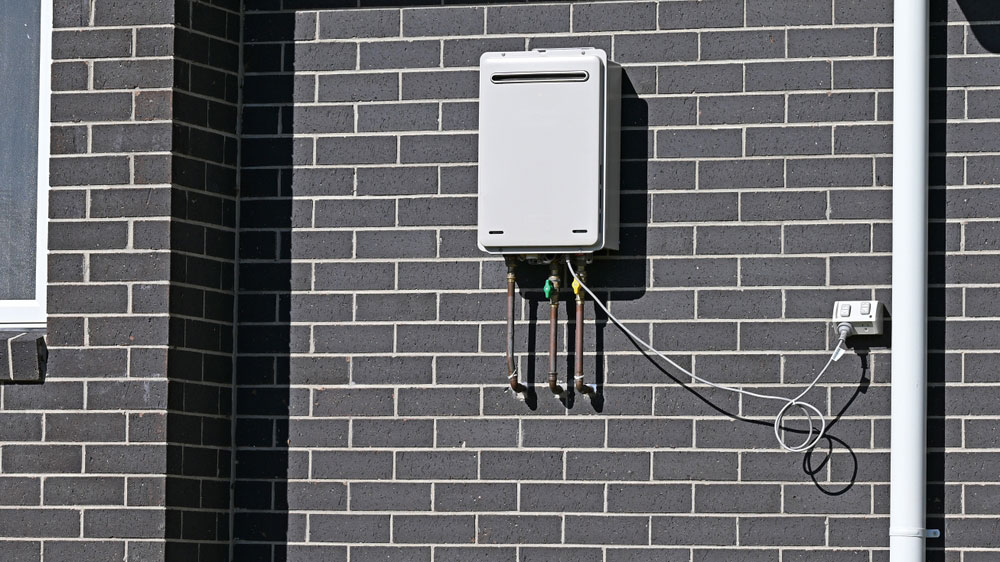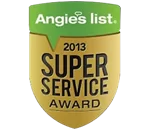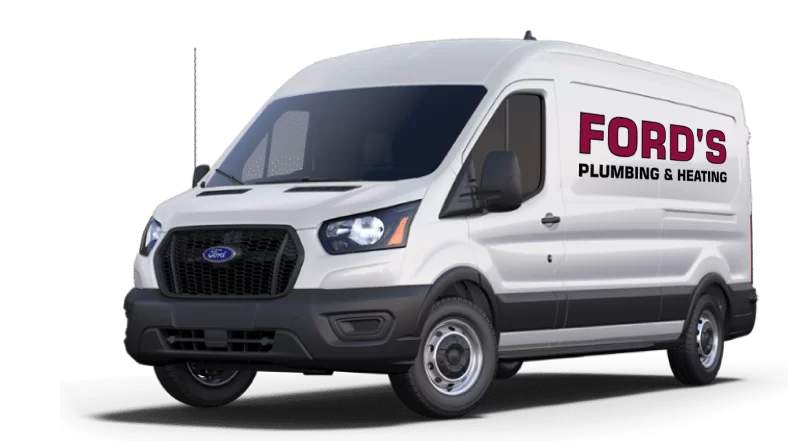Tankless water heaters, also known as on-demand water heaters, have gained popularity for their energy efficiency and ability to provide a continuous supply of hot water. If you’re curious about how these innovative systems work and whether they’re the right choice for your home, we will provide you with a thorough understanding of tankless water heaters, including their operation, flow rate considerations, and key factors to consider when purchasing one.
What Is a Tankless Water Heater?
Unlike traditional tank water heaters that store and continuously heat a large volume of water, tankless water heaters heat water on demand, only when you need it. The process begins when you turn on a hot water tap in your home. Let’s take a look at the step-by-step operation of tankless water heaters:
1. Water Flow Initiation:
When you open a hot water tap, cold water from the main supply starts flowing through the pipes towards the tankless water heater.
2. Activation of the Flow Sensor:
As water flows through the unit, a flow sensor is activated, signaling the tankless water heater to start the heating process.
3. Ignition of the Heat Source:
The unit’s computerized control system ignites the heat source, which can be either electric heating elements or a gas burner.
4. Heating the Water:
As water moves through the heat exchanger, it is rapidly heated to the desired temperature. The heat exchanger is a key component responsible for transferring thermal energy from the heat source to the water.
5. Continuous Supply:
The hot water is then delivered to the tap or appliance, providing a continuous and on-demand supply of hot water.
6. Shut-Off When the Tap is Closed:
When you turn off the hot water tap, the flow sensor detects the reduction in water flow and signals the tankless water heater to shut off. This on-demand heating process eliminates the need for storing and constantly reheating water, resulting in energy savings.
Tankless Water Heater Flow Rate
The flow rate of a tankless water heater is a critical factor in determining its capacity to meet the hot water demands of your household. Flow rate is measured in gallons per minute (GPM) and represents the amount of hot water the unit can deliver at a specific temperature rise. The higher the flow rate, the more hot water the unit can produce simultaneously.
Several factors influence the flow rate of a tankless water heater:
1. Temperature Rise:
The temperature rise is the difference between the incoming cold water temperature and the desired hot water temperature. The greater the temperature rise, the lower the flow rate.
2. Unit Capacity:
The capacity of the tankless water heater, measured in British Thermal Units (BTUs) for gas units or kilowatts (kW) for electric units, also affects the flow rate. Higher-capacity units can handle larger temperature rises and provide higher flow rates.
3. Fuel Type:
Gas tankless water heaters generally have higher flow rates than electric units. Gas units can heat water more rapidly, making them suitable for larger households with higher hot water demands.
4. Inlet Water Temperature:
The temperature of the incoming cold water varies depending on your location and the season. Colder inlet water requires more heating to reach the desired hot water temperature, affecting the flow rate.
5. Number of Fixtures in Use:
The simultaneous use of multiple fixtures or appliances can impact the flow rate. For example, running a shower, dishwasher, and washing machine simultaneously will require a higher flow rate.
Other Tankless Water Heater Considerations
1. Space-Saving Design:
Tankless water heaters are known for their compact and space-saving design. Unlike traditional tank water heaters that require a dedicated space for the tank, tankless units can be mounted on walls, inside cabinets, or even outdoors.
2. Energy Efficiency:
Tankless water heaters are more energy-efficient than traditional tank units because they only heat water when needed. This on-demand heating reduces standby energy losses associated with keeping a large volume of water hot continuously.
3. Longer Lifespan:
Tankless water heaters generally have a longer lifespan compared to traditional tanks. While traditional tanks last around 8 to 12 years, tankless units can last 15 to 20 years with proper maintenance.
4. Endless Hot Water Supply:
The on-demand heating nature of tankless water heaters ensures a continuous and endless supply of hot water. This is especially beneficial for households with high hot water demands.
5. Reduced Risk of Water Damage:
Tankless water heaters eliminate the risk of tank leaks and water damage associated with traditional tanks. Since there’s no stored water, the potential for leaks and flooding is significantly reduced.
6. Maintenance Requirements:
While tankless water heaters require less maintenance than traditional tanks, periodic descaling may be necessary, especially in areas with hard water. This involves removing mineral deposits that can accumulate in the heat exchanger.
How to Buy a Tankless Water Heater
When considering the purchase of a tankless water heater, several factors should influence your decision:
1. Fuel Type:
Decide whether you want a gas or electric tankless water heater. Gas units generally offer higher flow rates and faster heating, while electric units are often more suitable for smaller households with lower hot water demands.
2. Flow Rate Requirements:
Determine the flow rate requirements of your household by considering the number of fixtures and appliances that may be in use simultaneously. Select a unit with a flow rate that meets your specific needs.
3. Unit Capacity:
Choose a tankless water heater with sufficient capacity to handle the temperature rise required for your desired hot water temperature. Consider factors such as climate, incoming water temperature, and the desired hot water temperature.
4. Energy Efficiency:
Look for Energy Star certified units, which meet strict energy efficiency standards. A more energy-efficient unit can result in long-term savings on utility bills.
5. Warranty:
Consider the warranty offered by the manufacturer. A longer warranty period indicates the manufacturer’s confidence in the product’s durability.
6. Installation Costs:
Factor in the installation costs, including any modifications required for venting or electrical connections. Professional installation is recommended to ensure proper setup and compliance with local building codes.
7. Brand Reputation:
Choose a reputable brand with a history of producing reliable and durable tankless water heaters. Reading customer reviews and seeking recommendations can help you make an informed decision.
Tankless Water Heater Installation from FORD’s Plumbing & Heating
Tankless water heaters offer an efficient and space-saving solution for meeting the hot water demands of modern households. Understanding how tankless water heaters work, considering flow rate requirements, and evaluating additional factors will guide you in making an informed decision when purchasing a unit.
Whether you opt for a gas or electric model, a properly selected and installed tankless water heater can provide endless hot water and contribute to energy savings in your home. Contact FORD’s Plumbing & Heating for all of your tankless water heater needs in Los Angeles.



















